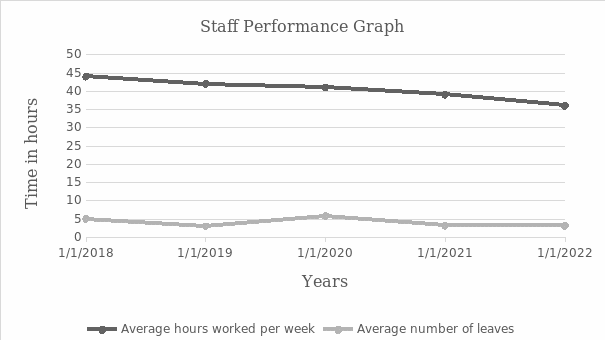In the healthcare sector, reflective practice is encouraged as a learning strategy to enhance self-evaluation and career development plans. This reflection paper concentrates on the role of big data analytics in the Long-Term Acute Care Hospital (LTACH). Long-term care hospitals (LTCHs) are recognized as acute care hospitals, but they specialize in patients who reside for more than 25 days on average. Most patients in LTCHs are the ones who have been moved from an intensive or critical care unit. LTCHs focus on treating patients with multiple necessary conditions who might get better with time and treatment and are discharged home. Some patients frequently treated in LTACHs include those with sophisticated wound care, patients who require extended ventilation or complementary feeding, continuous hemodialysis, critical pulmonary treatment, or transfusions.
While focusing on big data, it is crucial to briefly address information and communication technology (ICT), as it serves as a facilitator and a forum for technological operations such as the data transmission process. Traditional data gathering and analysis techniques may be ineffective when harnessing big data to enable businesses to preserve their competitiveness (Sousa et al., 2019). Since statistics rely on logically and frequently gathering, evaluating, and interpreting data, the established methods must generally apply to data analytics. Assumptions are created with the guidance of analytics and analyzed with statistics.
Predictive, descriptive, and prescriptive tools are the three main categories of data analytics applications. In the LTACH, the predictive analytics is employed to forecast vulnerability through analyzing historical health information and trends. Machine learning algorithms use historically collected data to try to fill in the gaps with the most reasonable assumptions to produce predictions (Kumar & Singh, 2018). The facility, for instance, uses predictive analytics to search for trends in criminal behavior and detect fraud. It’s used it to analyze digital medical data such as Magnetic resonance imaging and X-rays to give the staff an automated prediction for patient diagnosis.
Descriptive analytics review the historical and current data that can guide healthcare decisions. It merely transforms unprocessed data into a reporting or other accessible format (Kumar & Singh, 2018). Although they provide insightful information on their line, bar, and pie charts, they’re frequently used to illustrate descriptive analytics. Graphs indicate changes in data point values during a particular time frame. Because of the fact that they work with several integral features, they are easier than charts. Therefore, management can create a simple line graph using excel, as shown in figure 1.0 below.
The graph can help them analyze the fluctuations and explain the number of hours performed per week and the regularity of annual leaves for staff in the organization in the previous five years. With the employment of data-driven analytics, management can foresee when they might need staff in different roles around critical hours while redistributing qualified expertise to other sections of the facility during recession time.

Prescriptive analytics, which employs several statistical techniques, primarily draws inspiration from computer science and mathematics. It’s utilized to guide treatment decisions in specific instances by evaluating the potential treatments’ risks and advantages. This is accomplished by compiling information from various descriptive and predictive sources and using it to inform decision-making (Kumar & Singh, 2018). This information summarizes historical occurrences to respond to common questions such as how often ICU patients contract an ailment when the walk-in clinic is busy or the number of patients in a specific group with a clinical diagnosis in their database (Sousa et al., 2019). However, from distinct viewpoints, each of these tools has the potential to benefit the facility operations. As a result, the hospital has a standard for determining if the tool is practical.
In conclusion, the advantages of extensive data analysis for staff and hospital administrators were determined. The integration of ICT and big data for transforming healthcare has experienced problems since there is not enough infrastructure to fully utilize big data’s capabilities. Therefore, it would be beneficial to study the approach further to produce assets that would provide credibility to upcoming research in big data analytics and big healthcare data.
References
Kumar, S., & Singh, M. (2018). Big data analytics for healthcare industry: impact, applications, and tools. Big data mining and analytics, 2(1), 48-57.
Sousa, M. J., Pesqueira, A. M., Lemos, C., Sousa, M., & Rocha, Á. (2019). Decision-making based on big data analytics for people management in healthcare organizations. Journal of medical systems, 43(9), 1-10.